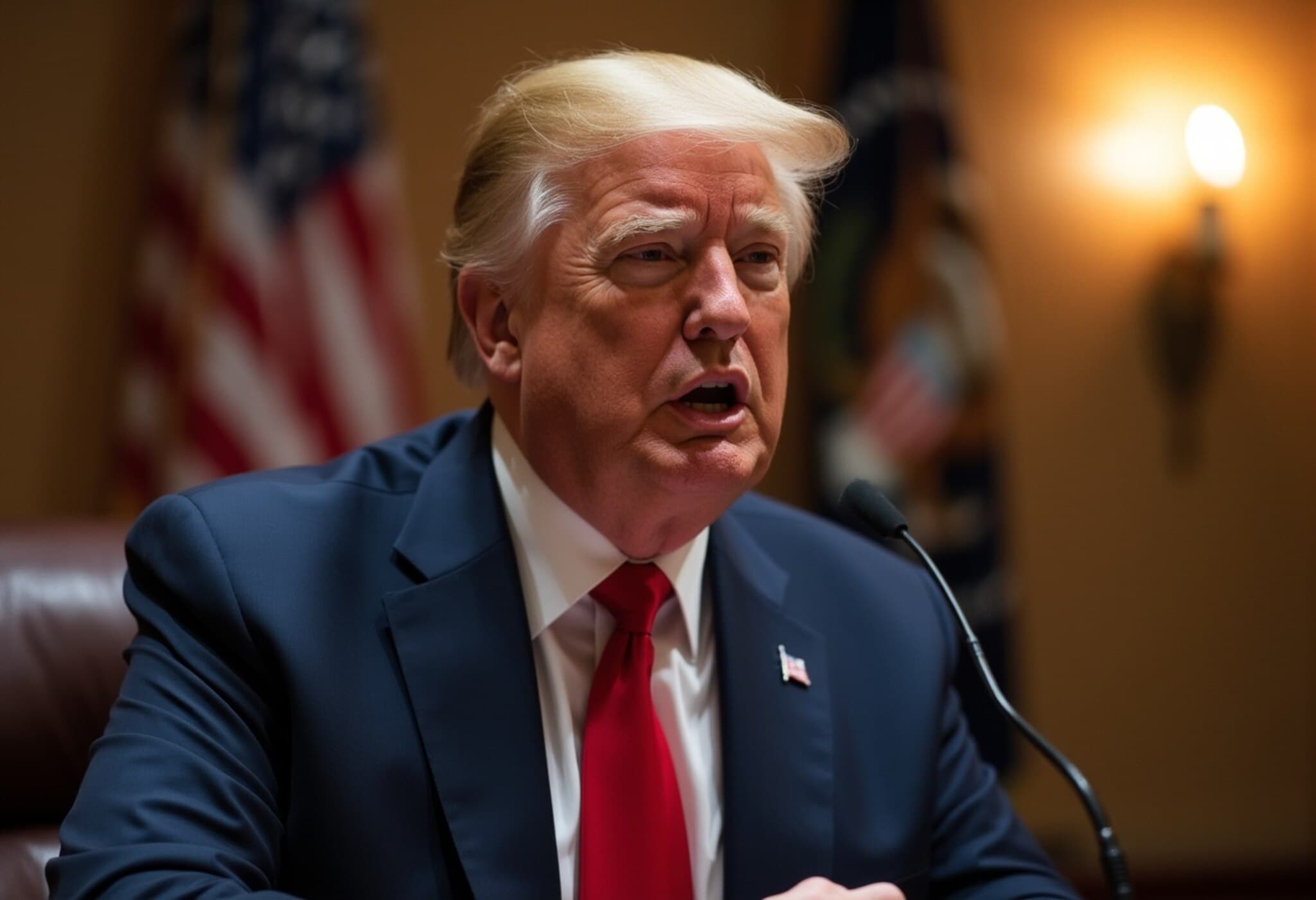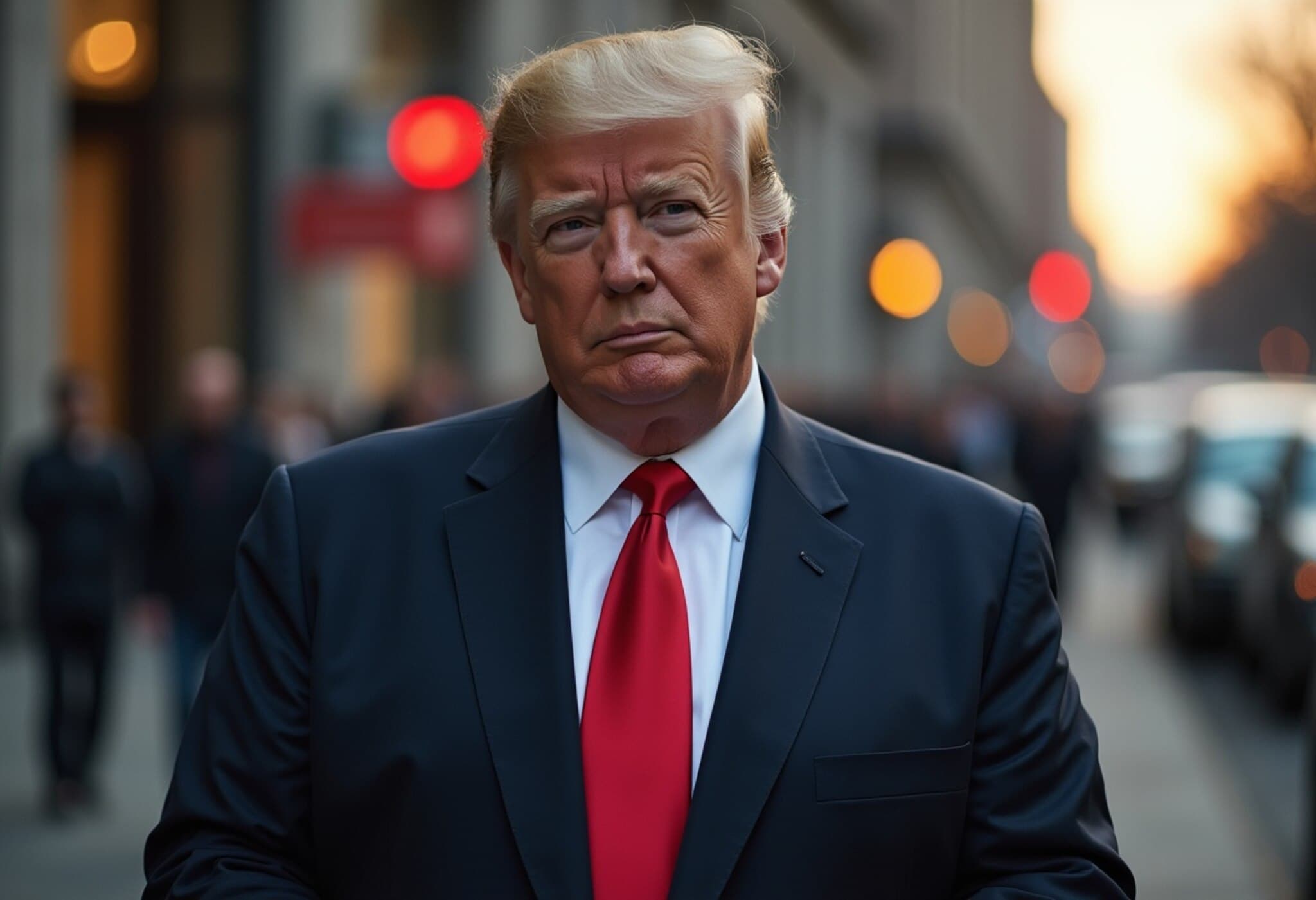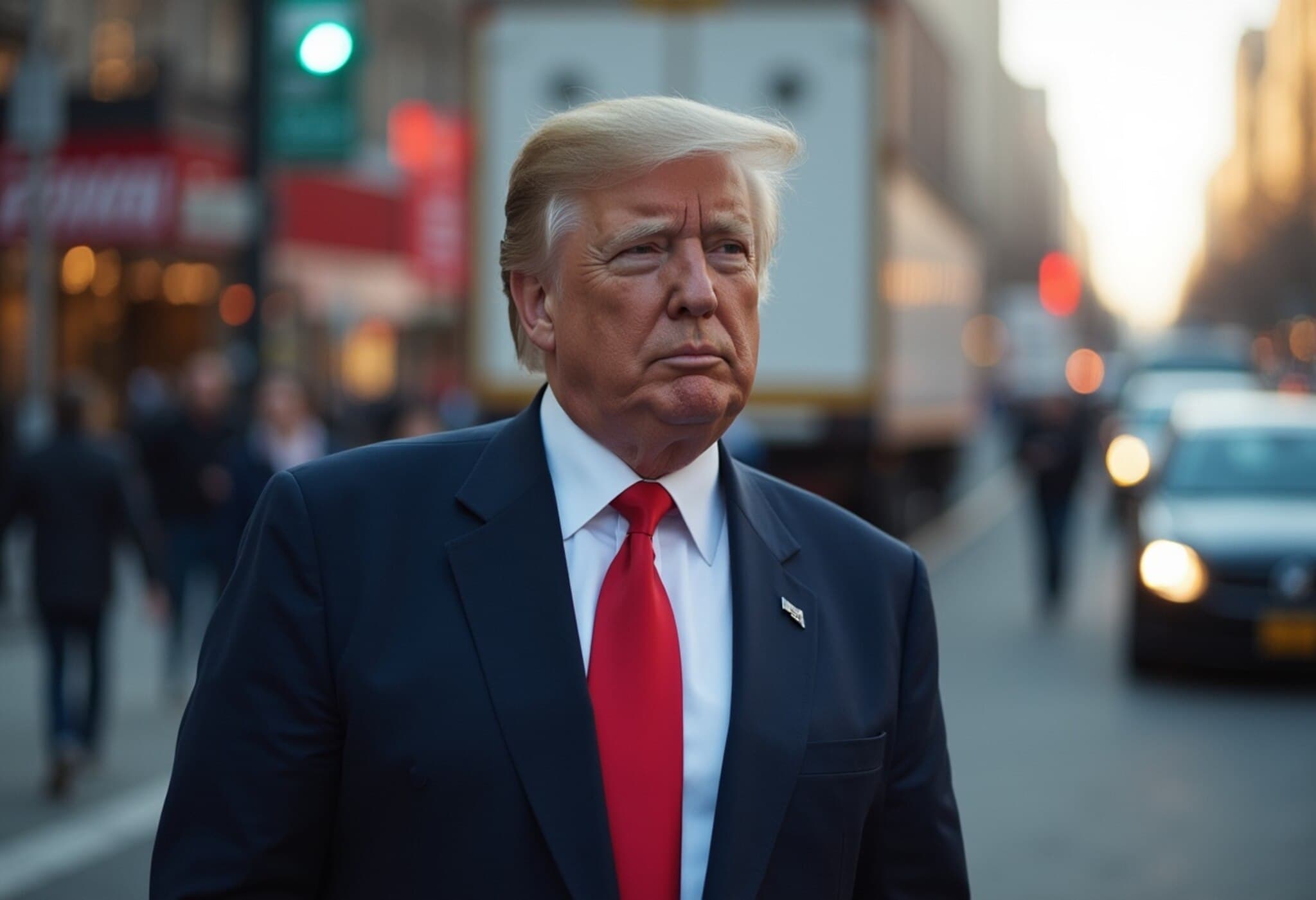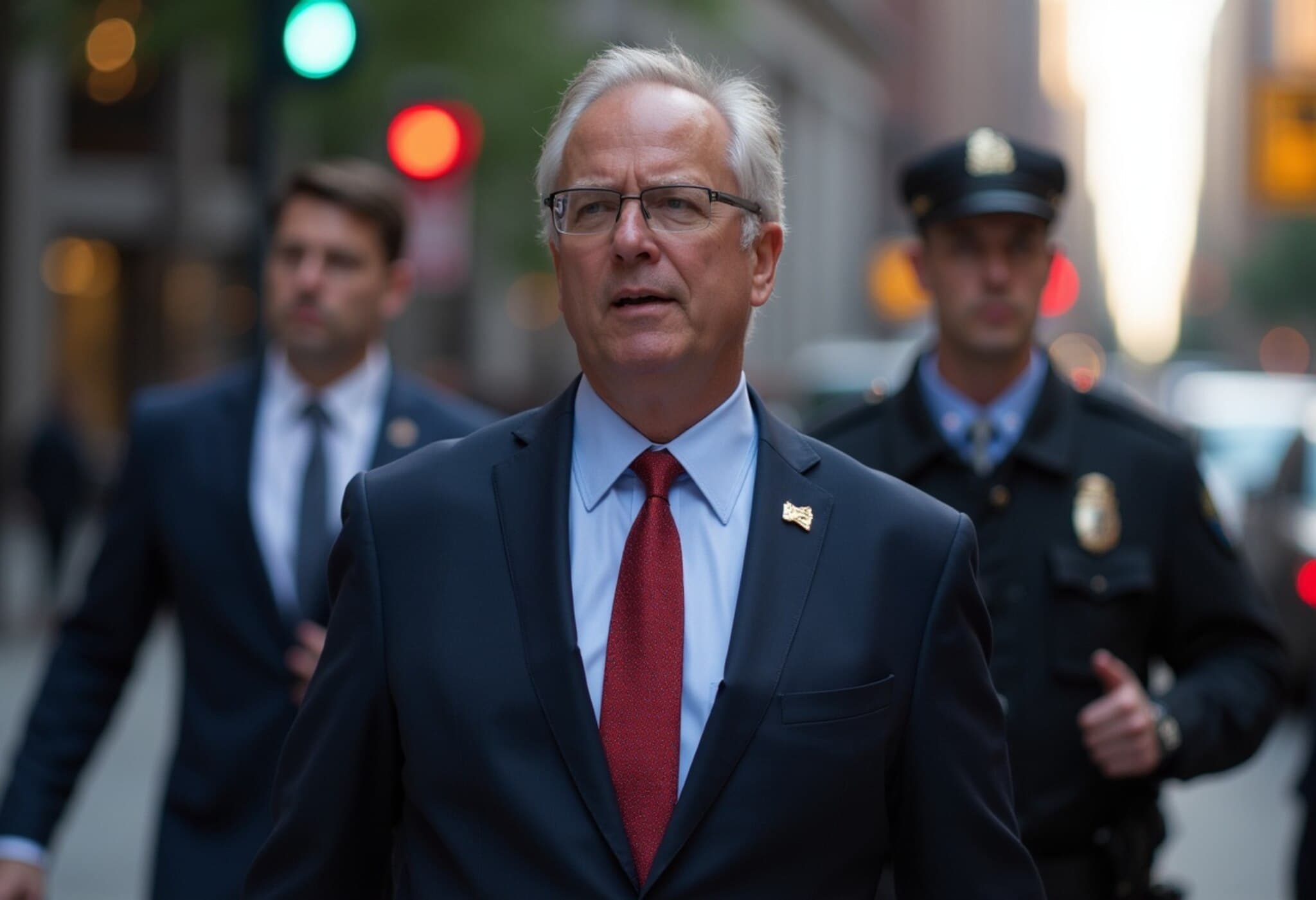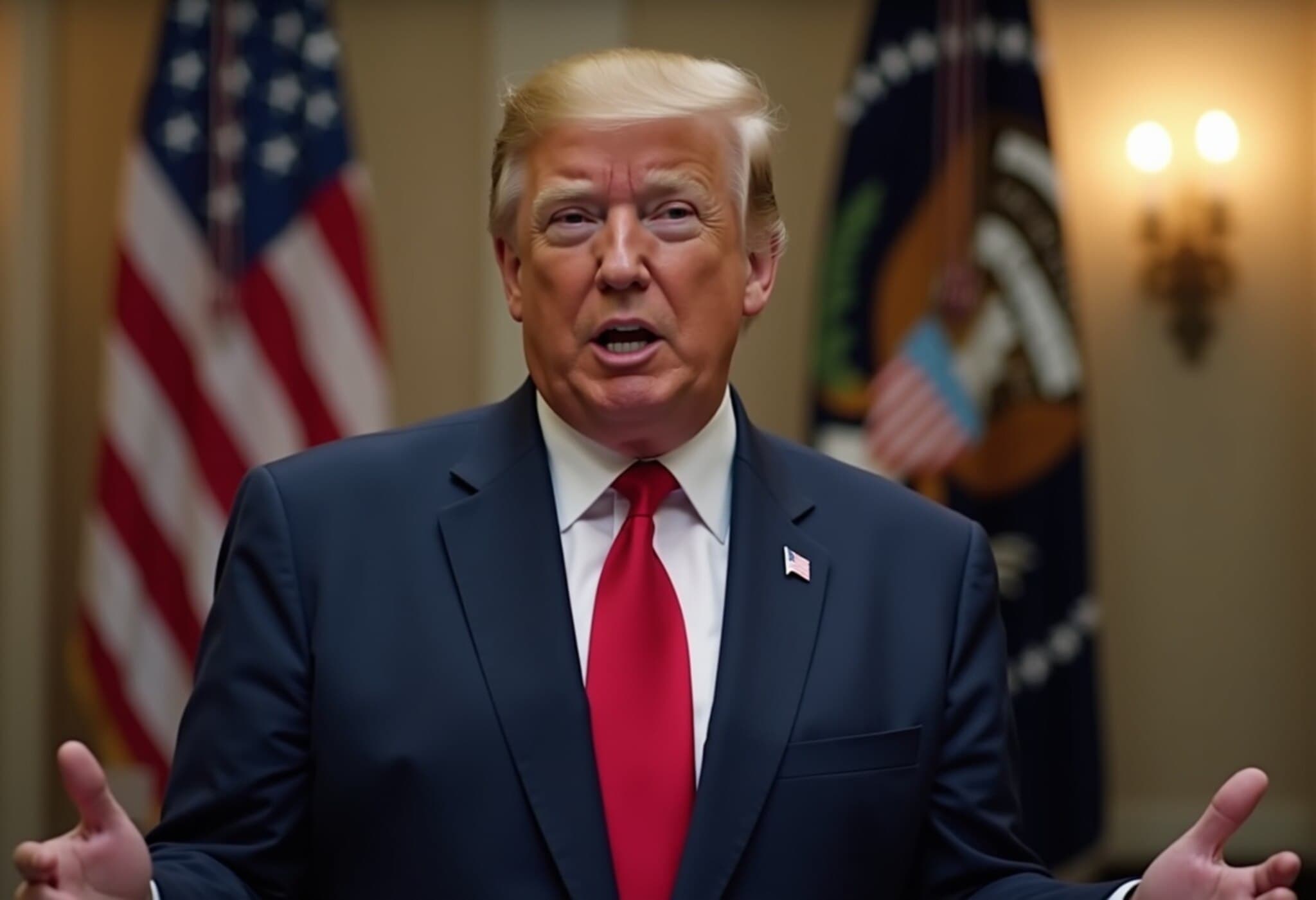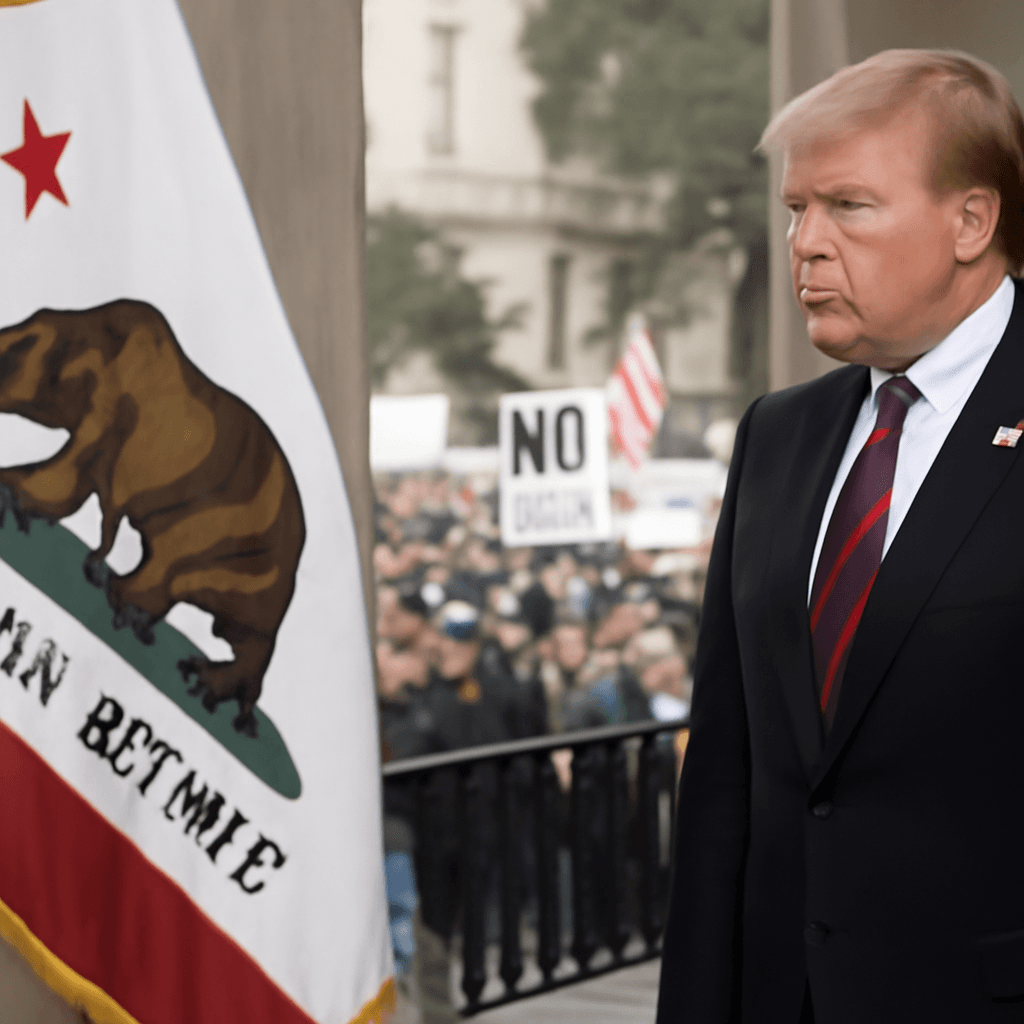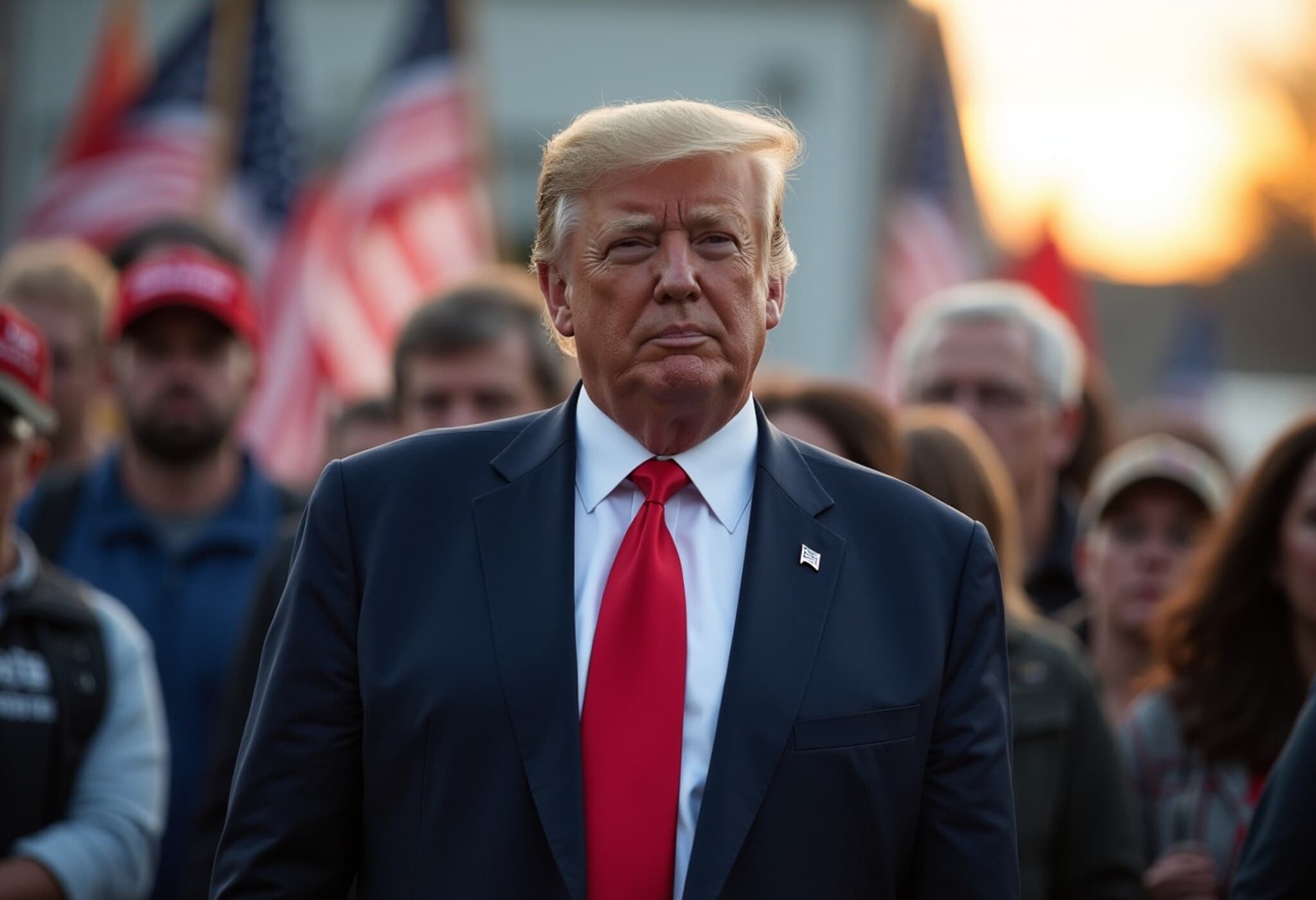Trump Rekindles Controversial 'Gold Card' Residency Proposal
Former President Donald Trump has reignited discussions around his much-debated immigration initiative dubbed the "Trump Gold Card," promising a simplified path for wealthy foreigners to secure U.S. residency and potentially citizenship. Despite his initial announcement nearly 15 weeks ago claiming the program would launch within two weeks, the rollout remains nebulous at best.
What Is the 'Trump Gold Card'?
The program is intended to succeed the existing EB-5 Immigrant Investor Program, which allows foreign investors to obtain permanent residency through investments that generate U.S. jobs. In contrast, the "Trump Card" seemingly proposes a direct $5 million payment without stringent job creation hurdles, positioning itself as an easier alternative for affluent applicants.
So far, the only public-facing element is a skeleton website featuring a teaser message: "The Trump Card is Coming," inviting interested parties to register for notifications. Crucially, it provides no firm timeline, application details, or legal framework.
The Numbers: Ambitious or Unrealistic?
Trump's camp has floated eye-popping claims, suggesting that over one million foreigners might invest $5 million each, potentially generating a staggering $5 trillion in revenue to help reduce the U.S. national debt, currently around $36 trillion.
However, experts contest these figures. Analysts estimate there are only about 20,000 to 30,000 ultra-wealthy non-Americans with a net worth exceeding $100 million globally—far fewer than the one million applicants Trump envisions.
Moreover, the existing EB-5 program caps visas at 10,000 annually, often undersubscribed despite its more modest $1 million investment requirement. Trump’s scheme reportedly intends no annual limits, raising questions about its feasibility and regulatory standing.
Official Claims and Doubts
US Commerce Secretary Howard Lutnick claimed earlier that 1,000 cards had been "sold," theoretically generating $5 billion, adding that Elon Musk is developing software for processing applications. Still, these assertions lack independent verification and have fueled skepticism among immigration experts and lawmakers.
Controversies and Political Pushback
Critics raise multiple concerns over the proposal. Unlike existing programs with built-in job creation requirements, the straightforward purchase of residency rights strikes many as transactional and ethically questionable.
Additionally, Trump has promised that recipients would be exempt from taxes on their worldwide income—a benefit sparking further debate over fairness and tax policy.
US legislators, including members of Trump's own political party, emphasize that enacting a new visa category is a congressional prerogative under the Immigration and Nationality Act. They assert that a presidential administration cannot unilaterally initiate such sweeping immigration changes or tax exemptions.
Within MAGA circles, some express unease about affluent foreigners potentially supplanting traditional immigrant demographics, fueling cultural and political tensions.
Looking Ahead
With legitimate questions about its legal authority, economic impact, and political viability, the fate of the "Trump Gold Card" remains uncertain. Meanwhile, interested parties can only watch for concrete details as Trump’s team slowly teases more information.
For now, the ambitious plan serves as another chapter in the ongoing debate over immigration policy, wealth, and the American Dream in the 21st century.

